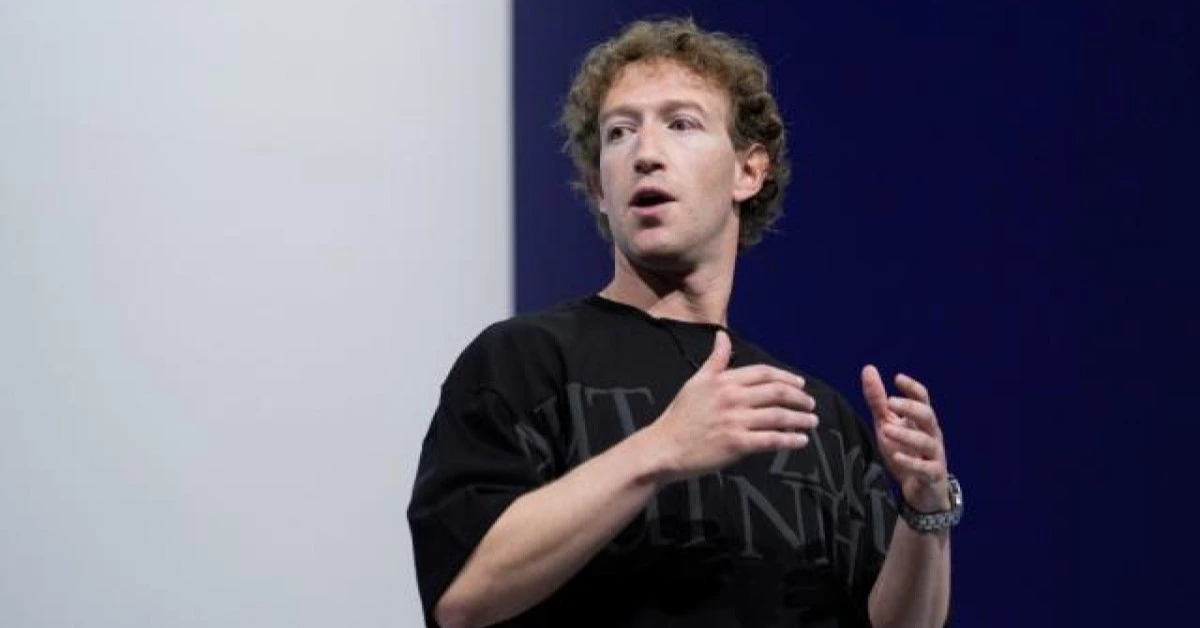
USA – During Meta’s Q4 earnings call on January 29, 2025, CEO Mark Zuckerberg praised DeepSeek’s new AI model, which offers lower-cost solutions, while also noting that it’s too early to tell how these innovations might impact Meta’s AI infrastructure spending.
He stated, “It’s probably too early to really have a strong opinion on what this means for the trajectory around infrastructure and capex.”
DeepSeek’s breakthrough, which involves pre-training foundation models, has generated buzz in the AI industry.
However, as the U.S. AI market shifts toward AI processing, or inferencing, Zuckerberg emphasized that Meta is still evaluating how DeepSeek’s advancements might be incorporated into their own systems.
DeepSeek’s model, which cost US $5.6 million to train, is competitive with those from major companies like OpenAI, Google, Meta, and Anthropic.
This shift has raised concerns in Silicon Valley, with chipmakers like Nvidia seeing significant losses—US $589 billion in market cap—because DeepSeek trained its model using 2,000 slower GPUs, compared to the tens of thousands typically used by U.S. companies.
Zuckerberg also highlighted the massive scale of Meta’s platforms, which serve billions of people. As Meta continues to integrate AI into platforms like Facebook, WhatsApp, Instagram, Messenger, and Threads, as well as its AR/VR headsets and smart glasses, the demand for AI computing power will only grow.
“I would bet that the ability to build out that kind of infrastructure is going to be a major advantage,” Zuckerberg said.
Commitment to open-source models
An important aspect of Meta’s strategy is its commitment to open-source models. DeepSeek’s models are open-source, meaning they can be modified and improved by others.
Zuckerberg shared, “There’s going to be an open-source standard globally… For our own national advantage, it’s important that it’s an American standard.”
Meta’s Llama family of AI models follows a similar open-source approach, allowing it to be freely used and modified, which Zuckerberg believes helps speed up the development of a global standard.
Meta is also making progress with its next AI model, Llama 4. Zuckerberg mentioned that Llama 4-mini is nearing completion with pre-training, and larger reasoning models are also progressing well.
Llama 4 will be multimodal, allowing it to process text, images, video, and audio from the start, unlike some models that add these features later.
Additionally, Llama 4 will feature “agentic capabilities,” meaning it can complete tasks autonomously, providing more value to users.
AI engineering agent in the offing
Looking ahead, Zuckerberg hinted that Meta may unveil an “AI engineering agent” in 2025 that will be able to perform tasks similar to a mid-level AI engineer.
This development, he said, could open up significant business opportunities, though monetization plans are not expected until 2025 or later.
Meta typically waits until a product reaches a billion users before exploring ways to generate revenue from it.
Regarding Meta’s decision to end its third-party fact-checking program and adopt a new “community notes” feature, Zuckerberg defended the move, explaining that the community notes method was more effective than previous approaches. According to Meta executives, the change has not negatively impacted the platform.
In terms of financial performance, Meta reported Q4 2024 revenue of US $48.4 billion, surpassing estimates and showing a 21% increase compared to the same period last year.
Net income reached US $20.8 billion, or US $8.02 per share, which also exceeded expectations. Meta’s operating margin grew to 48%, up from 41% last year, and free cash flow decreased slightly to US $13.2 billion.
Looking forward, Meta expects its total expenses for 2025 to range from US $114 billion to US $119 billion, primarily due to infrastructure investments.
Capital expenditures are projected to increase to US $60 billion to US $65 billion, a significant rise from the previous year. Meta’s stock has performed well, rising by 68% last year and gaining another 15.5% so far in 2025.
XRP HEALTHCARE L.L.C | License Number: 2312867.01 | Dubai | © Copyright 2025 | All Rights Reserved